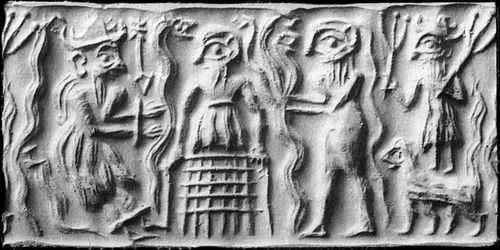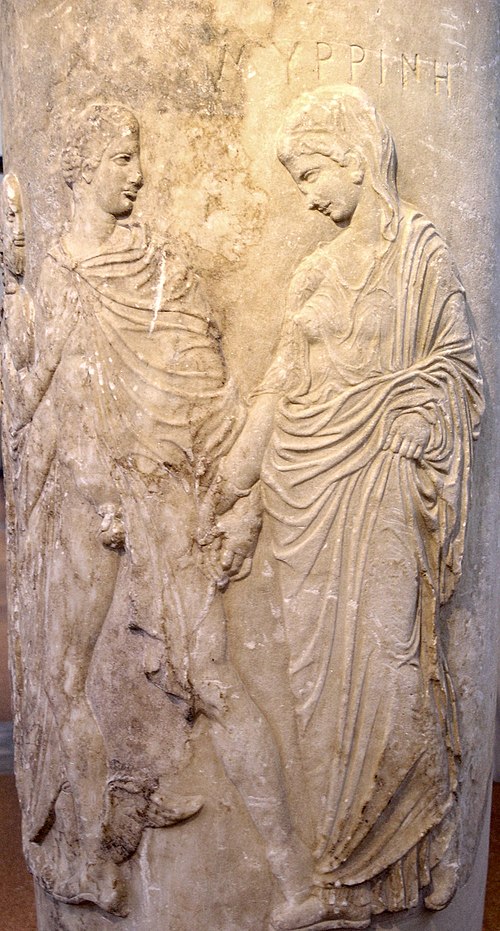Ghostnoun
(dated) The spirit; the soul of man.
Ghostnoun
The disembodied soul; the soul or spirit of a deceased person; a spirit appearing after death
Ghostnoun
Any faint shadowy semblance; an unsubstantial image
Ghostnoun
A false image formed in a telescope, camera, or other optical device by reflection from the surfaces of one or more lenses.
Ghostnoun
An unwanted image similar to and overlapping or adjacent to the main one on a television screen, caused by the transmitted image being received both directly and via reflection.
Ghostnoun
A ghostwriter.
Ghostnoun
(Internet) An unresponsive user on IRC, resulting from the user's client disconnecting without notifying the server.
Ghostnoun
(computing) An image of a file or hard disk.
Ghostnoun
(theatre) An understudy.
Ghostnoun
(espionage) A covert (and deniable) agent.
Ghostnoun
The faint image that remains after an attempt to remove graffiti.
Ghostnoun
(video games) An opponent in a racing game that follows a previously recorded route, allowing players to compete against previous best times.
Ghostnoun
A dead person whose identity is stolen by another. See ghosting.
Ghostnoun
White or pale.
Ghostnoun
Transparent or translucent.
Ghostnoun
(attributive) Abandoned.
Ghostnoun
(attributive) The remains of.
Ghostnoun
(attributive) Perceived or listed but not real.
Ghostnoun
(attributive) Of cryptid, supernatural or extraterrestrial nature.
Ghostnoun
(attributive) Substitute.
Ghostverb
To haunt; to appear to in the form of an apparition.
Ghostverb
(obsolete) To die; to expire.
Ghostverb
(ambitransitive) To ghostwrite.
Ghostverb
(nautical) To sail seemingly without wind.
Ghostverb
(computing) To copy a file or hard drive image.
Ghostverb
(GUI) To gray out (a visual item) to indicate that it is unavailable.
Ghostverb
To forcibly disconnect an IRC user who is using one's reserved nickname.
Ghostverb
To appear without warning; to move quickly and quietly; to slip.
Ghostverb
To kill.
Ghostverb
(slang) To break up with someone without warning or explanation; to perform an act of ghosting.
Ghostnoun
The spirit; the soul of man.
Ghostnoun
The disembodied soul; the soul or spirit of a deceased person; a spirit appearing after death; an apparition; a specter.
Ghostnoun
Any faint shadowy semblance; an unsubstantial image; a phantom; a glimmering; as, not a ghost of a chance; the ghost of an idea.
Ghostnoun
A false image formed in a telescope by reflection from the surfaces of one or more lenses.
Ghostverb
To die; to expire.
Ghostverb
To appear to or haunt in the form of an apparition.
Ghostnoun
a mental representation of some haunting experience;
Ghostnoun
a writer who gives the credit of authorship to someone else
Ghostnoun
the visible disembodied soul of a dead person
Ghostnoun
a suggestion of some quality;
Ghostverb
move like a ghost;
Ghostverb
haunt like a ghost; pursue;
Ghostverb
write for someone else;
Ghostnoun
an apparition of a dead person which is believed to appear or become manifest to the living, typically as a nebulous image
Ghostnoun
a slight trace or vestige of something
Ghostnoun
a faint secondary image caused by a fault in an optical system, duplicate signal transmission, etc.
Ghostverb
act as ghostwriter of (a work)
Ghostverb
glide smoothly and effortlessly
Ghostverb
end a personal relationship with (someone) by suddenly and without explanation withdrawing from all communication
Ghost
In folklore, a ghost is the soul or spirit of a dead person or animal that can appear to the living. In ghostlore, descriptions of ghosts vary widely from an invisible presence to translucent or barely visible wispy shapes, to realistic, lifelike forms.
Poltergeistnoun
An unseen ghost which makes noises and causes disruption, especially by causing physical objects to move or fly about.
Poltergeistnoun
a ghost that announces its presence with rapping and the creation of disorder
Poltergeist
In ghostlore, a poltergeist ( or ; German for or ) is a type of ghost or spirit that is responsible for physical disturbances, such as loud noises and objects being moved or destroyed. Most claims about or fictional descriptions of poltergeists show them as capable of pinching, biting, hitting, and tripping people.





















